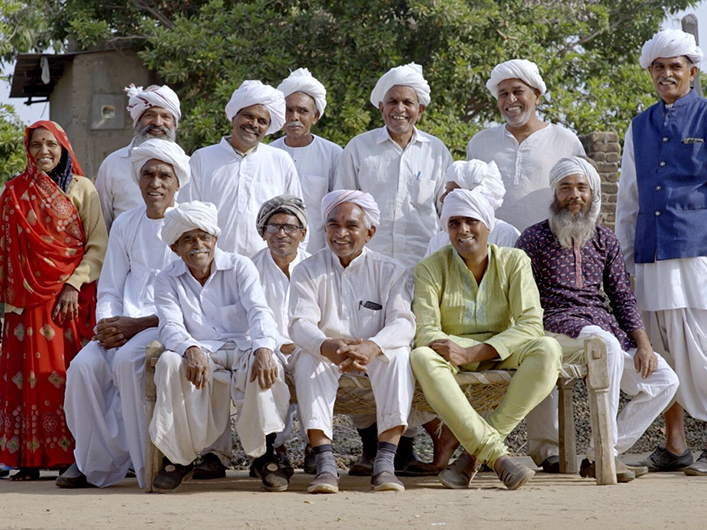More news
- Asian paint regulatory round up – Indonesian exterior paint still uses lead, warns W...
- Nigeria’s paint industry navigates regulatory changes and economic challenges amid p...
- Focus on the global coatings market: Global coatings market outlook
- Innovative coatings mitigate effects of deepening climate change
- Ask Joe Powder – October 2024

More than 7,000 farmers are now certified by the implementation programme, individual farmer yield has increased substantially. Over 7,000 hectares of generally semi-arid land are now repeatedly farmed according to the SuCCESS sustainability code. The partners now commit to a third phase for the world’s first sustainable castor programme.
Arkema, BASF, Jayant Agro-Organics and implementation partner Solidaridad launched the project in May 2016. For year seven the members officially updated the impacts of the programme so far:
- More than 7,000 farmers have been trained, audited, and certified
- Over 74,500 tonnes of certified castor seed have been cultivated
- Year 7 yield is 36% higher than the yield published by the local government for this region
- Over 7,000 hectares are now being regularly farmed in accordance with the SuCCESS sustainable castor code (see www.castorsuccess.org) – more than 27,000 hectares cumulatively; Pragati farmers are increasing their land dedicated to castor farming as it is seen as a profitable crop
- As compared to the previous year, water consumption has been lowered by approx. 21% in the demo plots where accurate measurement and control are in place
- Approx. 7,000 safety kits and crop protection product boxes have been distributed free of charge
- More than 100 medical camps organized in all project villages this year successfully conducted health monitoring of 8,500+ farmers, workers, and their family members, of which 65% were farmers enrolled in the Pragati programme
- Farmers from more than 100 villages in North Gujarat now participate in the programme
- This year, more than 380 capacity-building training sessions were held with farmers
- Over 475 lead farmers have been identified and trained to guide certified farmer groups
READ MORE:
Arkema starts up its specialty UV/LED curing resins’ capacity expansion in China
“Since my engagement with the Pragati programme, I have adopted sustainable practices and diversified my agricultural practices which have improved my yield and income. The support and guidance provided in the Pragati program have played a crucial role in my adoption and successful implementation of new agricultural techniques, such as vermicompost,”says Jayeshbhai Ramjibhai Mujat, a 45-year-old castor farmer in the Banaskantha district.
The partners have committed to Phase 3 of Pragati, from 2023-2026. The next phase of the project will see continued attention being paid to sustainable farming with a special focus on greater female participation and improved water management techniques in the farming communities.
The project starting-point
The project was driven by a baseline survey of more than 1,000 castor farmers in Gujarat, India, where most of the world’s castor supply originates. The original baseline study highlighted the fact that farmers see castor as a highly remunerative and profitable crop – easy to grow and easy to sell.
The goal of the project has been to enable sustainable castor crop production by:







